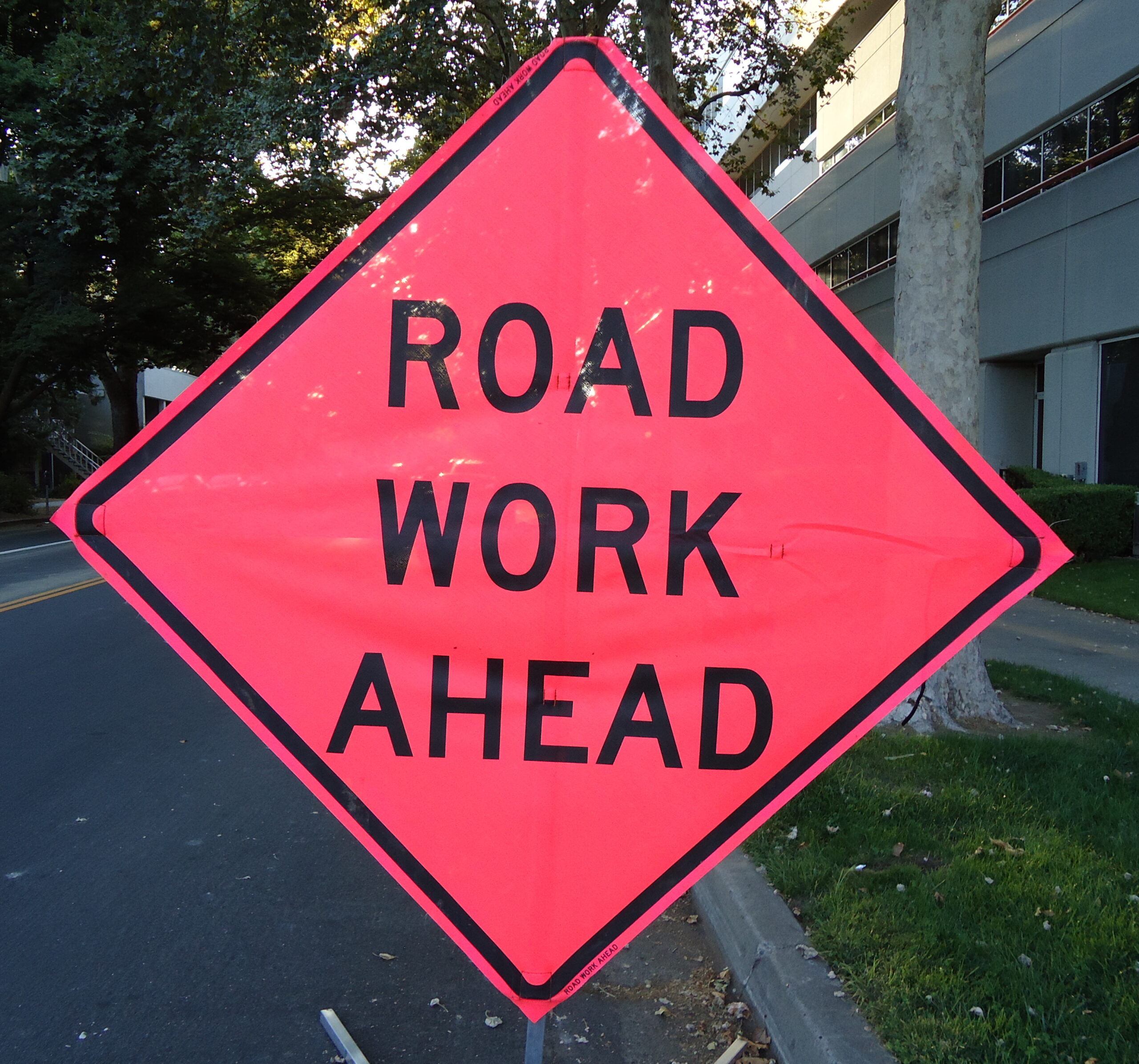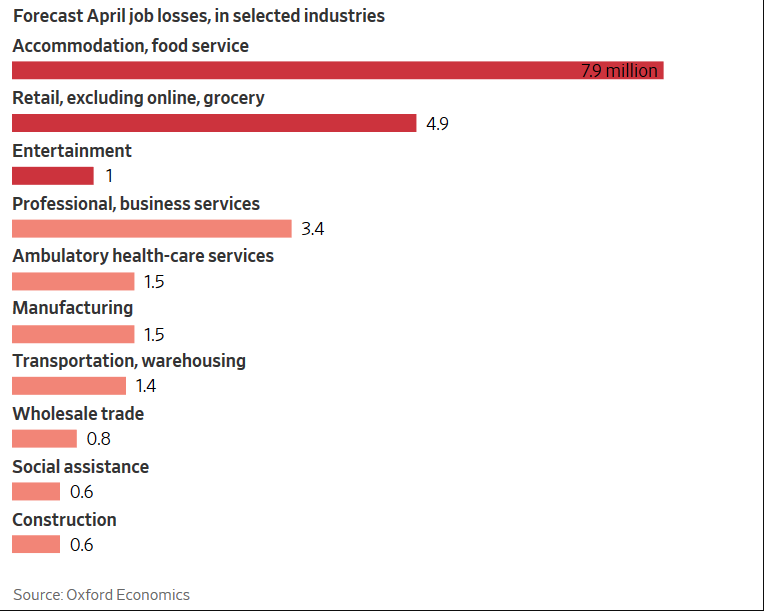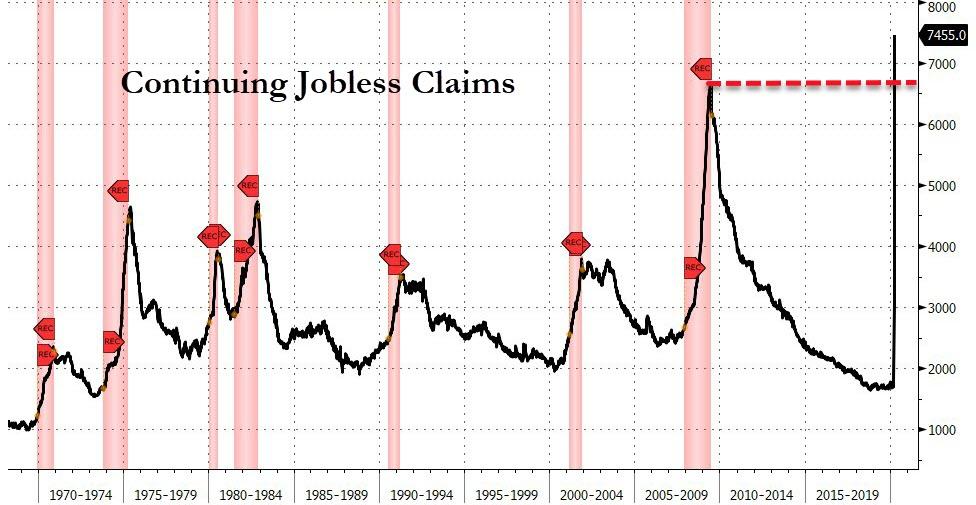Class of 2020 and 2021 college grads, anxious to shop their abilities amongst employers, will confront a complex labor market post the 2020 COVID-influenced economic meltdown. As Class of 2021 graduates emerge from the chrysalis of college, seeking entry into the professional class, they may instead queue up behind the 45% of their Class of…
Tag: The Great Financial Crisis
Unemployment By Educational Attainment
In the current economic upheaval, those individuals with more education are unemployed at lower rates than all other groups. Or by wages, assuming that wage is an indicator of educational attainment, those with $60,000+ in wages have lower rates of unemployment than those earning less than $60,000. However, if the recession during The Great Financial…
Income Inequality Continues to Expand
The difficulties for those in the younger generations to generate wealth are consequences of a structural shift in the U.S. economy in the last forty years, well before today’s late Boomer and Gen X parents entered the labor market as twenty-somethings. As highlighted in a recent Federal Reserve Bank research paper, “Market Power, Inequality, and…
Economic Inequality & Generational Disparities Could Equal Deepening Divisions
In the 2009-2019 decade following The Great Financial Crisis, the top 5% experienced the greatest income increase of all Americans, further widening income disparities between the top and everyone else. Contributing to the wealth gap, during the same 2009-2019 decade, Millennials racked up nearly $893 billion in student loan debt to purchase college degrees as…
The distressing American job situation
In just the last 13 weeks, more than double the 25 million jobs created in the last decade have been lost. With the total supply of jobs not in equilibrium to demand, a job shortage exists, so anyone searching for a job will be competing more than at any time in the last decade against…
More Fiscal Reckoning for Public Colleges
In 2019, average state funding per full time college student was still lower than the 2009 levels, the beginning of The Great Financial Crisis. Given projected reductions in state revenues for 2020, higher education leaders will likely again experience reductions in state subsidies starting this fall, as we discussed earlier. Students would be wise to…
Fiscal Reckoning Dead Ahead
The $14 Billion bailout for U.S. colleges and universities as part of the recent CARES Act will not solve the widening financial deficits in higher education. Costs to maintain buildings and the physical grounds, despite the lack of students present on campus, as well as salaries to faculty and staff must still be paid. Additionally,…
More Economic Difficulties for Gen Z and Millennials
Graph courtesy of The Wall Street Journal Current college students, many who find themselves at home though would rather be finishing their school year on college campuses around the country, will be confronting along with their older colleagues who graduated college in 2019, 2018, a possibly more complicated problem that of protracted unemployment. In addition,…
Difficult Labor Market Directly Ahead
Courtesy Bloomberg News The employment outlook is at best difficult, and at worst, dire, even worse than The Great Financial Crisis of 2009 which was the worst in 45 years. Now, is the time to think seriously how to compete for what will be a difficult employment environment, at least over the short and intermediate…









